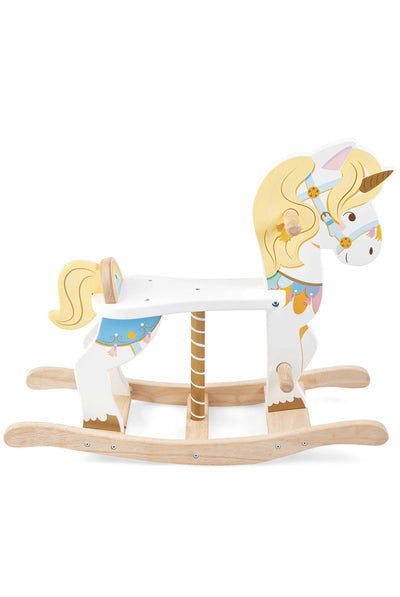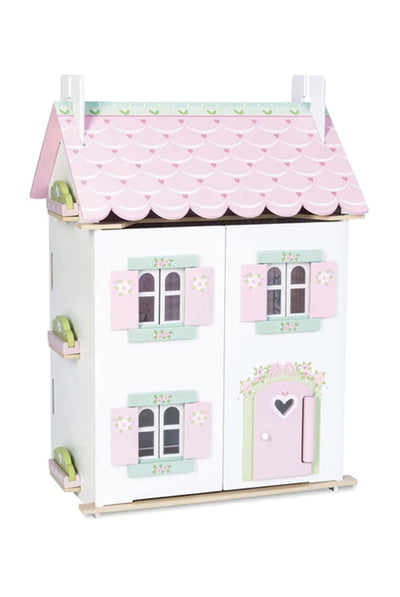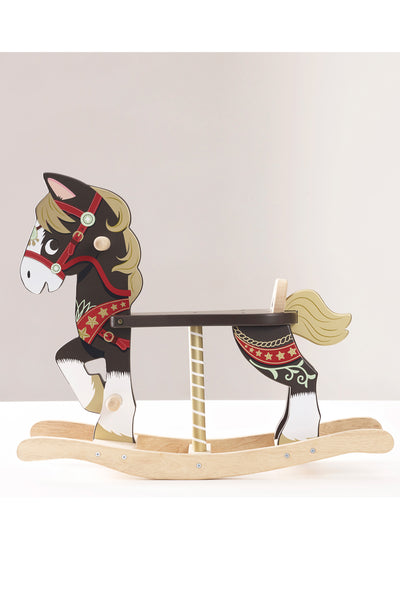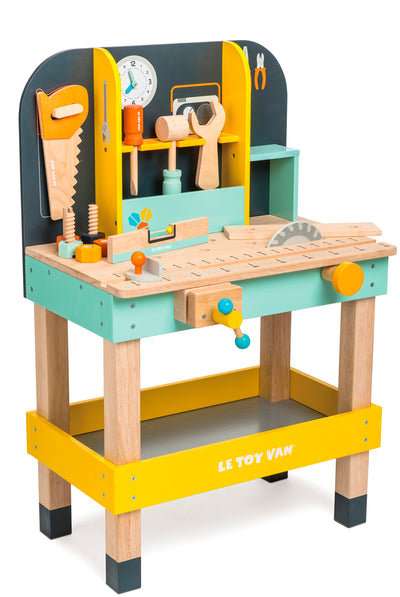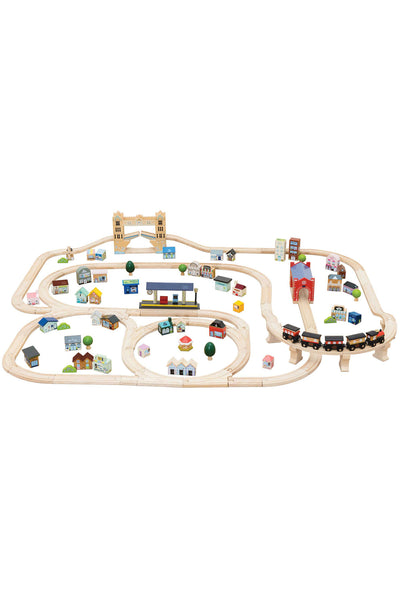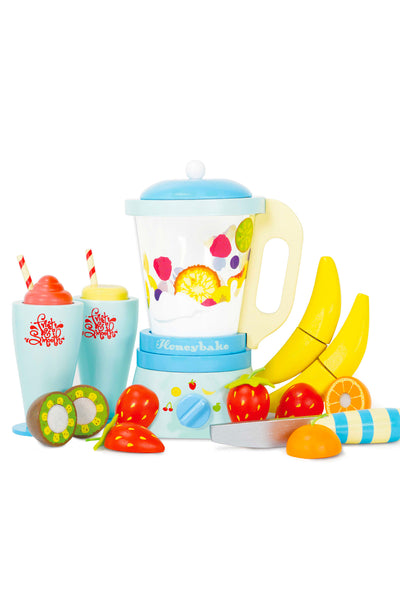Le Toy Van Q&A

Children’s Mental Health Week falls from the 1-7th of February this year and creating awareness for the cause is more relevant today than ever. The pandemic has taken a toll on all of our emotional wellbeing, but children are especially vulnerable to the impacts of instable, tense environments with increasing loneliness due to the disconnect with others. A study from the University of Cambridge shows evidence of a great increase in the levels of depression among children as a result of lockdown forcing school closures and social distancing.
Children thrive off playing with their peers and engaging with the world around them, allowing for social and intellectual development. However, circumstances have left many parents replacing the playground and playdates with an iPad screen and Frozen on repeat. We’re not here to criticise- keeping a child entertained consistently whilst adhering to restrictions, social distancing measures and continuing to pursue other commitments can feel impossible at times.
The challenge of keeping children entertained whilst allowing for their social and intellectual development is not a new phenomenon. We’ve just allowed technology to be the solution, which has led to reduced physical activity amongst kids and increasing levels of addiction to digital devices. It’s time to turn back to the trusted traditional toy- whether that be a puzzle, train or doll’s house. All engage the senses and spark imagination, providing the opportunity to learn whilst having fun.
We love the selection of traditional wooden toys from Le Toy Van and their commitment to promoting happy play away from our all too familiar screens. We spoke to them about the benefits of traditional play and how parents can best support their children during these unsettling times.
How do toys affect the social development of a child?
Toys that inspire imaginative play allow children to act out their own interpretations of real-life scenarios. Pretend play provides an opportunity for children to develop their speech and language skills by interacting with their peers and parents in a fun environment. In these play environments it also shows children the nuanced interactions and relationships we have with strangers e.g., shopkeepers, waiters, hairdressers. This shows children early on how to approach these conversations and builds confidence for when those real-life scenarios happen.
Why is technology harmful to development?
Technology can be an extremely effective development tool when used the right way. Technology gives us access to online tutorials, educational tools and hobbies, but it is difficult for very young children to utilise this side of it. Play time away from screens allows children to engage with tangible objects – which is particularly important in the early years when children are developing their senses and spatial awareness. When a child is playing, they’re active, moving around and building motor skills along with other key areas of development. During screen time it is easy to sit back and watch - being quiet and still. This time can be welcomed by all, especially parents that are juggling a million things at once and there shouldn’t be a guilt attached to this. We just believe everything in moderation, balance is important.
How many hours of playtime should children be having each day?
It’s hard to say exactly how long children should play for each day as every child is unique. We just suggest if you are making time for children to play on technology, make the same time for children to explore play away from screens too.
How do you think the change in routine due to Covid would have affected children's mental health?
Usually being able to go to nursery, school or even playing with friends keeps little ones entertained as well as taking some pressure off parents. It’s hard for everyone being stuck indoors and that doesn’t exclude children. Thankfully, they always have their limitless imaginations, so they might be able to find some magical moments during their times at home.
Is there anything parents should be particularly aware of to better support children during this time?
We think it’s important to take the pressure off about children constantly learning, and still making time to relax and have fun. If you are looking for ways to engage children at home, it’s important to have items that inspire long term use that they can revisit time and time again. Whilst being inside it’s easy to feel cramped into a space. Being selective about what you buy by getting items with long term use is better than throw away items, especially as charity shops are currently closed so unable to take new donations.
Can you elaborate on how toys affect emotional development (as mentioned on the website)?
Play time is a chance for children to discover different emotions that they may not have experienced first-hand. If a child is playing with a doctor set and they are looking after someone it demonstrates empathy and how to look after someone who is unwell, in a similar way nursery sets encourage nurturing sides.


